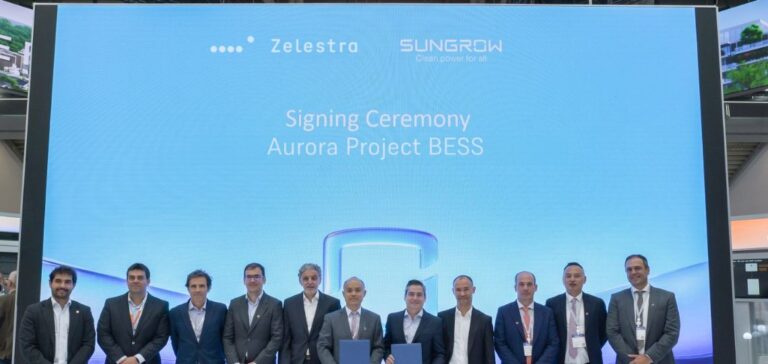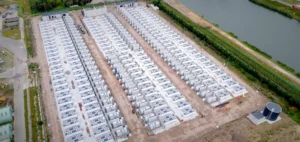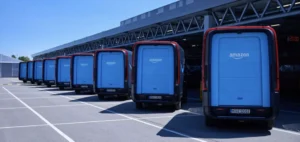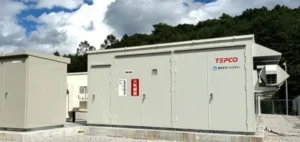Zelestra, an international multi-technology energy project developer, has signed an agreement with Chinese supplier Sungrow for the delivery of a 1 GWh battery storage system as part of the Aurora hybrid project located in Tarapacá, northern Chile. The deal includes the deployment of Sungrow’s PowerTitan 2.0 liquid-cooled battery system and its medium-voltage power conversion units.
One of the continent’s largest hybrid systems
The Aurora project combines battery storage and solar generation, featuring a 220 MW direct current solar plant also equipped with Sungrow’s 1+X modular inverters. The installed capacity will produce approximately 600 GWh per year, equivalent to the annual consumption of 200,000 Chilean households. The site is currently under construction, with storage units scheduled for delivery in the fourth quarter of 2025.
This development is part of a tailored solution designed by Zelestra to supply electricity to Abastible, a major player in Chile’s liquefied petroleum gas sector and an active participant in the electricity market. Through a long-term power purchase agreement (PPA), Abastible will receive a guaranteed supply of solar energy during night-time hours.
Energy logistics structured around a PPA
The agreement represents a key milestone for Zelestra, which has a project portfolio exceeding 7 GW across Latin America, including 1.7 GW under contract, construction or in operation. The company was ranked among the top ten sellers of clean electricity to corporate customers worldwide by BloombergNEF, and second in the Europe, Middle East and Asia region.
For Sungrow, the project reinforces its expansion strategy in Latin America’s large-scale storage segment. The PowerTitan 2.0 system, designed to optimise thermal and energy performance, will be integrated into the existing solar infrastructure, forming one of the most complex hybrid projects on the continent.
Infrastructure with high market value
The Tarapacá region, characterised by strong solar irradiance and a developing electrical infrastructure, presents strategic potential for large-scale hybrid projects. The site’s connection to the national grid will enable better integration of intermittent renewable energy, with the battery system expected to support demand during peak periods.
This project strengthens the position of both Zelestra and Sungrow in the combined solar-storage solutions segment, responding to increasing demands for flexibility in Chile’s power system. The scale of technical deployment and contractualisation through a PPA reflect regional market shifts towards high-value energy solutions.






















